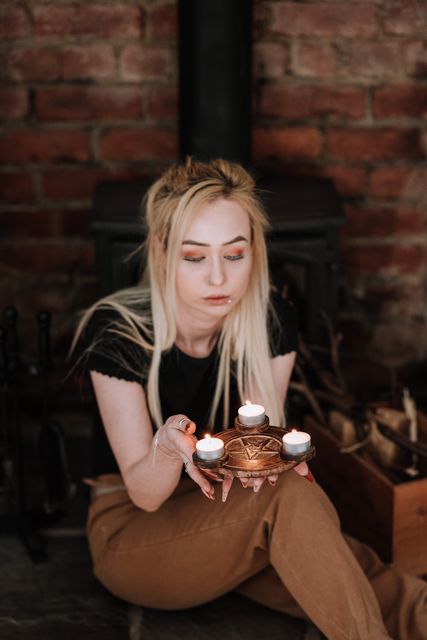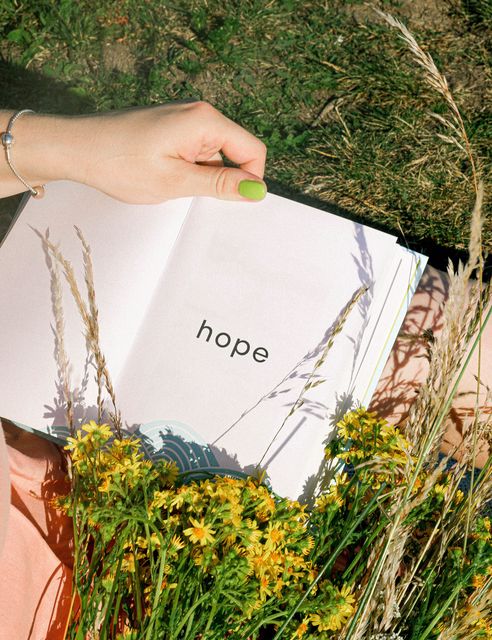
“We may start with the definition of hope as ‘expectant desire.’ There are events we expect, but do not desire. There are things we desire, but never expect. Expectation by itself is not hope, nor is desire by itself hope. To desire what we do not expect may be a daydream. To expect what we do not desire may be a nightmare. But hope welds our expectancy and desire together and sends us forth, wide awake, on our quest.”
David Stendl-Rast
These words from David Stendl-Rast can open us up to some of the deeper meanings of hope.
Events we expect, but do not desire.
This is a great description of living on autopilot, simply going through the motions of life. When we wake up in the morning, we have a picture of what the day will hold. We can see it unfolding in our minds. When we get to the end of that day, we look back, and yes, everything happened just the way we expected. But it is hard to see these events as moments we desired, moments that have hope or promise.
Events that we desire, but do not expect.
“I wish things were different.” These words express how we want things to be different in life. We may be able to picture it. But there isn’t a whole lot of energy in that wishing. In fact, we have come to call this stance “wishful thinking.” And, usually, wishful thinking is something we are encouraged to give up or not do.
“Hope for the best but expect the worst” is another expression of desiring but not expecting. These words suggest that it’s okay to have hope, but the most likely outcome is not going to be what you want.

Expectant desire is not just a warm and inviting idea. We can look for ways to turn our attention to this expectant desire, so that we might give tangible expression to it.
Go back again to how you begin the day. You wake up and begin to stir. What thoughts come to you? Perhaps you think about the tasks and the appointments of the day. You may just think about them quickly and move on to what’s next.
What would it be like to introduce expectant desire into these events? What if they are not items on a to-do list or appointments in a work calendar? What if they are moments of invitation on this day of the quest that is your life?
An example from my own experience. Since my retirement, I have a part time counseling practice. I work three days a week, and I see six, sometimes seven, people a day. From the place of the routine of my week, they include the young man struggling with anxiety or the couple struggling with conflict. I could think of them that way as I go through my day in my mind when I wake up. Or as they enter my office for a session.
But what if I spent a moment, maybe right before the session, wondering and thinking about: What do I really desire for them? What do I yearn to be true for them? How can what we do in these minutes contribute to these deep hopes?
Get out a piece of paper and finish this statement: I hope for… Do it several times over and over again. Take a few moments to look back over what you have written.
Now spend some time finishing this statement over and over again: I have hope in… Take a few moments to look back over what you have written. Look at what you have written for both statements. Do you feel a difference between the two? How would you describe that difference?

That difference you feel gives us more insight into the meaning and power of hope. In popular thought, hope has a sense of uncertainty. I mean why wouldn’t it? We are talking about the future, things that haven’t happened. And so we “hope for.”
But, from a biblical perspective, even though it is dealing with the future, hope carries a sense of certitude. That is why the Book of Hebrews says we “have this hope, a sure and steadfast anchor of the soul” (6:19). That is why it can describe faith as “the assurance of things hoped for, the conviction of things not seen” (11:1).
Biblical hope is not just about hoping for, but having hope in.
We do not hope God will make a difference. We have hope in God, who has promised to make a difference. The psalmist invites us over and over, even in the midst of difficult and challenging situations, to “put your hope in God” (Psalm 42).
God is not someone who fulfills our hope. God is our hope.
Hope is more than wishful thinking that crosses our mind from time to time as we go through our lives. Hope is an expectant desire that give shape and meaning each day as we go through our lives.
